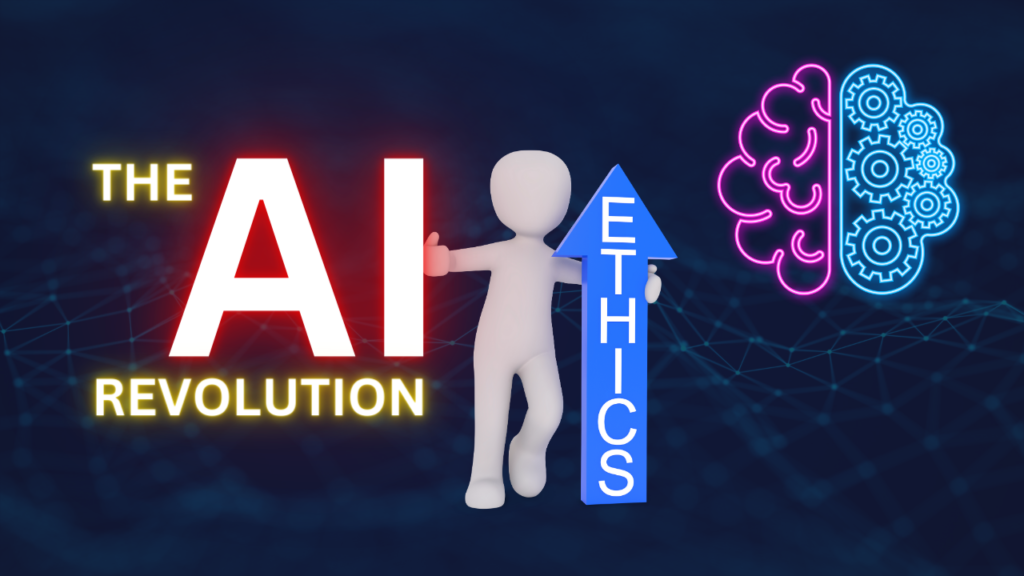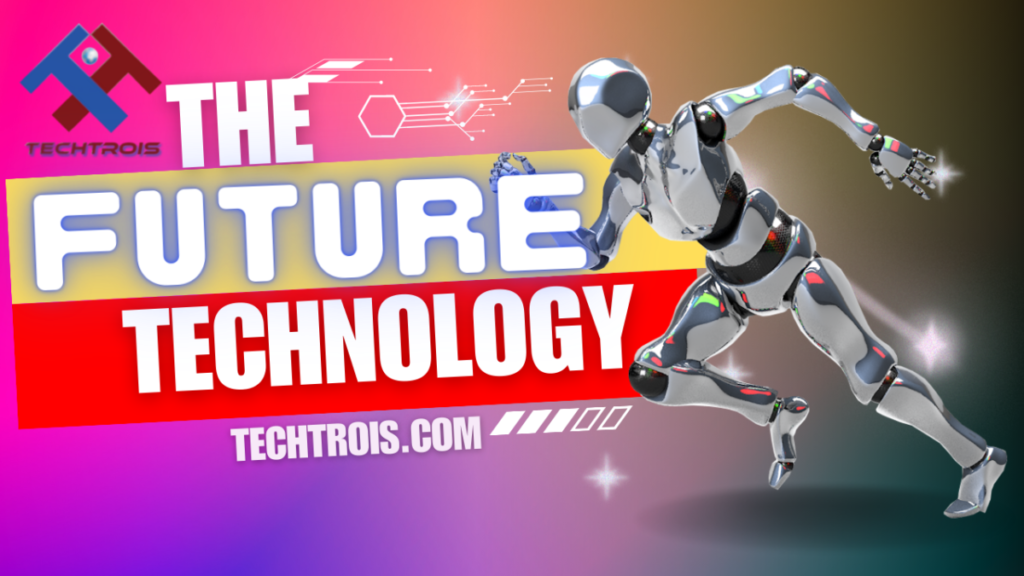In an era where artificial intelligence (AI) is transforming every aspect of our lives. The question of ethics has never been more critical. AI ethics seeks to navigate the moral implications and responsibilities of creating and implementing AI technologies. This in-depth exploration delves into the foundations, challenges, and future directions of ethical AI. Highlighting the importance of establishing robust ethical guidelines to ensure AI benefits humanity while minimizing potential harms.
Introduction to AI Ethics
The rise of artificial intelligence offers unprecedented opportunities and challenges. As AI systems become more integral to our daily lives. Understanding and addressing the ethical implications of these technologies is crucial. AI ethics encompasses the moral decisions made during the development and deployment of AI technologies. Aiming to ensure these advancements contribute positively to society.
Understanding AI Ethics
AI ethics is concerned with questions about the moral rights and wrongs of AI technologies and their impact on human lives. It involves the application of ethical theories and principles to guide the responsible development and use of AI. Ensuring that these technologies serve the common good while respecting human rights and dignity.
The Moral Frameworks Guiding AI
Ethical decision-making in AI is informed by various moral frameworks. Each offering unique perspectives on how AI should act or be programmed to act. Utilitarianism focuses on maximizing overall happiness and minimizing harm, guiding AI towards decisions that benefit the majority. Deontological ethics emphasizes the importance of rules, duties, and rights. Advocating for AI systems that adhere to ethical principles regardless of the outcome. Virtue ethics, on the other hand, encourages the development of AI that embodies virtues such as fairness, honesty, and compassion.
Bias and Fairness
One of the most pressing ethical challenges in AI is addressing bias and ensuring fairness. AI systems can inadvertently perpetuate or amplify societal biases, leading to unfair treatment or discrimination. Ethical AI development requires rigorous testing and evaluation to identify and mitigate these biases, ensuring that AI systems are fair and equitable.
AI in Decision-Making
AI’s role in decision-making raises significant ethical questions, especially in critical areas such as governance, healthcare, and business. In governance, AI can help in formulating policies and making administrative decisions, but it also requires careful consideration of ethical implications to avoid misuse and ensure transparency. In healthcare, AI promises to improve patient outcomes and streamline operations, yet it must navigate complex ethical terrain around patient privacy, consent, and the human touch in care. Ethical AI in business and industry focuses on responsible innovation, consumer protection, and sustainable practices.
The Future of Ethical AI
Developing ethical AI frameworks is essential for guiding the responsible advancement of AI technologies. These frameworks should be informed by international collaboration, drawing on diverse perspectives to address global challenges. The future of ethical AI involves not only technological innovation but also a commitment to moral principles, ensuring that AI technologies enhance human well-being without compromising ethical standards.
AI Ethics: Navigating the Moral Implications of Artificial Intelligence
Addressing ethical concerns in AI development is paramount. Ethical AI use cases and success stories demonstrate the potential for AI to drive positive change when guided by strong ethical principles. From enhancing accessibility to supporting environmental sustainability, ethical AI can lead to significant societal benefits.
Regulatory and Legal Aspects of AI Ethics
The regulatory and legal landscape of AI ethics is evolving to address the complex moral implications of AI. National and international regulations are being developed to ensure that AI technologies are deployed responsibly, with legal accountability mechanisms in place to address potential harms. These efforts underscore the importance of legal and ethical standards in guiding AI development and use.
The Role of Education in AI Ethics
Education plays a critical role in promoting ethical awareness and preparing the future workforce for the ethical challenges of AI. By integrating AI ethics into educational curriculums, students and professionals can develop the skills and understanding needed to navigate the moral implications of AI, fostering a culture of responsible innovation.
The Impact of AI on Society
The impact of AI on society is profound, influencing social and economic dynamics. Ethical considerations include addressing the digital divide and ensuring that AI technologies are accessible to all, preventing exacerbation of inequalities. By focusing on inclusivity and equity, we can leverage AI to build a more just and sustainable world.
FAQs on AI Ethics
Ethical dilemmas and questions abound in the realm of AI ethics, from the consequences of autonomous decision-making to the privacy implications of widespread surveillance. Addressing these FAQs helps demystify AI ethics, providing clarity on how we can navigate the moral landscape of artificial intelligence responsibly.
Conclusion: A Call to Action
Embracing ethical AI is imperative for a better future. By prioritizing ethical guidelines, engaging in international collaboration, and fostering an inclusive approach, we can ensure that AI technologies enhance human society without compromising moral values. The journey towards ethical AI is ongoing, requiring the collective effort of developers, policymakers, and society at large to navigate the complex moral terrain of artificial intelligence.



